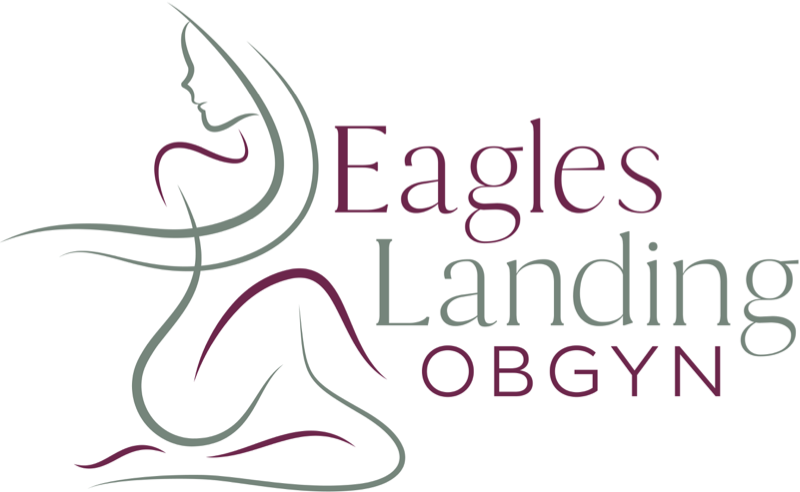
Women face some unique health challenges as they age, from the symptoms of perimenopause and menopause to the danger of breast cancer and the discomfort of vaginal dryness. Women also have some unique dietary and nutritional needs, and it is important that they address these issues and get the help they need.
When you see your doctor, you may receive recommendations for dietary supplementation and other things that can help you reduce the signs of aging and feel better as you get older. And while every woman is different, there are a number of dietary supplements that many women could benefit from. Here are some of the most commonly used and most effective dietary supplements for women.
Vitamin D
After decades of sun worshipping and faithful tanning, women are finally getting the message about sun exposure – so much so that many women are not getting the vitamin D their bodies require.
The sun may put out dangerous UV rays, but it also helps your body absorb vitamin D. If you have been staying out of the sun, your vitamin D levels may be too low. Ask your doctor to test your vitamin D levels, then ask about a quality supplement if those levels are too low.
Calcium
Women are at greater risk of osteoporosis and bone loss than men, and that makes calcium supplementation important. Once again, you should ask your doctor to test your bone density, so you can address the early warning signs of osteoporosis if necessary.
Supplementation with a quality calcium tablet may be all you need to build stronger bones and reduce the risk of fracture and breakage. Your doctor can monitor your bone density going forward to make sure your calcium supplementation is working.
Fish Oil
Many women do not realize that they are at risk of heart disease, but this killer can strike both sexes. The symptoms of heart disease are often quite different in women, so talk to your doctor about what to look for and when to seek help.
Supplementation with a quality fish oil may reduce the risk of heart disease going forward, so talk to your doctor about what you need and how to control your heart health. Dietary changes are important as well, and it is best to take a holistic approach to protecting your cardiovascular system.
A Daily Multivitamin
Specific supplementation is important, but so is taking a quality multivitamin. Your body relies on a delicate balance of vitamins and minerals, and a daily multivitamin with dozens of nutritional items can help you maintain that balance.
Ask your doctor about what kind of daily multivitamin you should be taking, and combine that supplementation with a healthy diet and sensible exercise. You are responsible for your health, and that means both dietary supplements and a great diet.
